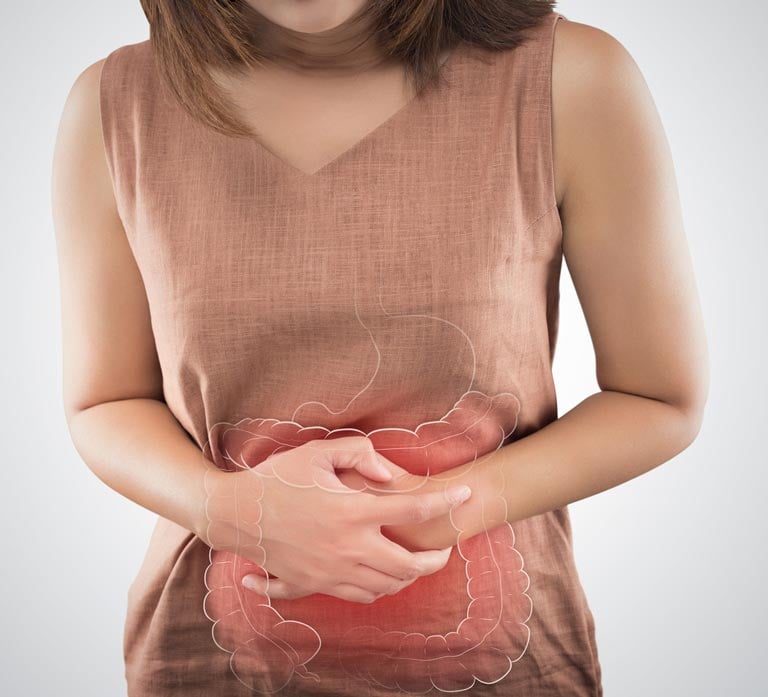What is Dysphagia? Dysphagia occurs when someone has difficulty swallowing. This can include feeling like solid or liquid foods are sticking, or not passing correctly

About GI Motility
COVIDs Impact on GI
With the help of patients, caregivers, and our Industry Council, IFFGD has created a survey to gain insight into the impact COVID-19 and the pandemic has had on the Gastrointestinal (GI) Illness population. We hope this will assist healthcare providers, law makers and industry partners on the future care of patients.
*Approximate time to take this survey is 7 minutes
Refractory Gastroesophageal Reflux Disease (rGERD)
IFFGD has been working with the International Working Group for the Classification of Oesophagitis (IWGCO) to create a survey to better understand the illness experience of those with Refractory Gastroesophageal Reflux Disease (rGERD). Refractory Gastroesophageal Reflux Disease (rGERD) is very common and may affect up to 40% of people who use a proton pump inhibitor (PPI) once daily. Approximate time to take this survey is 6 minutes
Find information fast
Find information about symptoms, treatments, and more relating to GI Motility:
Looking for a provider?
Need assistance?
If you need help finding information, or a doctor, contact us and we will be happy to get you the information you need, or connect you with a professional who can help.
What is GI Motility?
Gastrointestinal (GI) motility is defined by the movements of the digestive system, and the transit of the contents within it. When nerves or muscles in any portion of the digestive tract do not function with their normal strength and coordination, a person develops symptoms related to motility problems.
The Digestive Tract
Gut motility is the term given to the stretching and contractions of the muscles in the gastrointestinal (GI) tract. The synchronized contraction of these muscles is called peristalsis. These movements enable food to progress along the digestive tract while, at the same time, ensuring the absorption of the important nutrients.
Signs & Symptoms
Each part of the GI tract – esophagus, stomach, small intestine, and large intestine – has a unique function to perform in digestion, and each has a distinct type of motility and sensation. When motility or sensations are not appropriate for performing this function, symptoms occur.
Motility Testing
Often symptoms alone cannot be reliably used for accurate diagnosis of a patient’s motility disorder. Proper evaluation of patients with suspected gastrointestinal motility disorders is important to correctly diagnose a patient’s condition and to treat the patient in an appropriate manner. Tests of gastrointestinal (GI) motility allow the assessment and identification of abnormal patterns and physiology.
Related information
Personal Stories
GP commonly exists in patients with Parkinson’s disease. About 25% of people with PD have symptoms of GP, including nausea and vomiting, and up to
What is SIBO? Small intestinal bacterial overgrowth (SIBO) is a disease identified by a high number of bacteria in the small intestine. The imbalance of
 Personal Stories
Personal Stories
- An error has occurred, which probably means the feed is down. Try again later.











